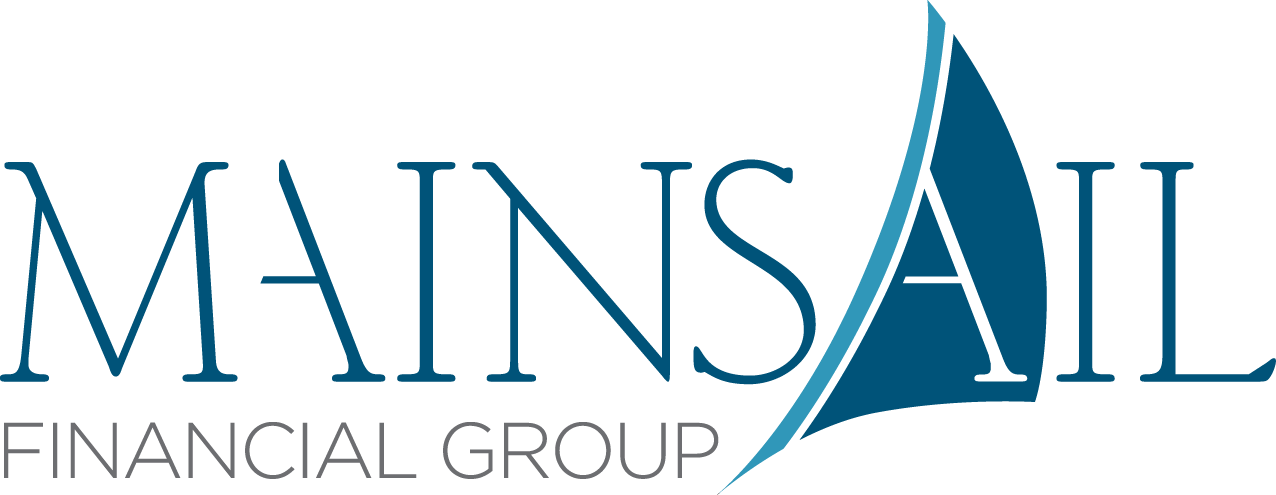7-Steps to a Successful Financial Review
Labor Day Weekend is over and it’s almost time to pack up the lawn games and gardening tools. While we transition from a season of cleaning up around the house and enjoying the sun, it can be a great time to get serious and dive back into many aspects of our lives to finish the year strong. One major part of this is a health check on our personal finances.
To help you keep on track, we have compiled a list of financial planning areas to review and consider before the next year rolls around. Although a financial planner should also help address more nuanced aspects and any special considerations, this can be a good starting point for most.
Review 401(k) Contributions
Now is a great time to increase your contributions before the year end if you can afford to do so. As you get a better sense of your income for the year, it may be helpful to determine if you have some extra room to save more to your 401k. Keep in mind “catch up” contributions if you are 50 or older which allow you to contribute even more to your employer retirement plan.
Review Beneficiaries
With company retirement plans, company life insurance, and any personal investment accounts or insurance policies it is critical to consistently review your beneficiary designations. Unfortunately, there have been countless times I have seen the beneficiary on an account or policy still listed from a prior marriage (or a few marriages ago!). It can be extremely difficult for a loved one to argue a beneficiary designation as this is a contractual agreement. So, if you were to pass away unexpectedly with an out-of-date beneficiary, it can cause a whole list of issues for family members. Please, please make it a regular priority to review your beneficiaries and make any updates once a year, or as needed when there are changes.
Review group benefit elections for open enrollment
Most employers open enrollment starts in October or November. Getting a head start can be a great idea to be sure you are ready to take advantage of the benefits offered to you as a part of your employment. Some key areas to consider include your life insurance coverage, your disability coverage, and health insurance benefits. For example, you may consider switching between high deductible health plans with HSA’s or low deductible plans to minimize risk to your savings and cash flow.
Cash flow/budgeting checkup
Now that summer is over and a lot of our vacations, weekend getaways, and loose summer spending is behind us, September can be a great time to re-visit the lovely B word in finance: BUDGET. Although this is certainly not the most exciting part of financial planning, it is critical in order to help determine how much cash flow is available and create strategies to help automate savings with any surplus. This can help avoid “lifestyle creep” where our expenses slowly increase without notice and prohibit our ability to save as much as we would like.
Review investment strategies
As we approach fall, October historically is a tough month in the market and the last two months can be quite profitable. Although this isn’t reason to avoid the market, this can be a great time to review your investment strategies, rebalance, and consider changes as we approach these times of typical market trends.
Review tax strategies before end of year
The end of the year is the perfect time to review tax impacts of income, investments, and any changes made throughout the year. 401k contributions are based on a calendar year so you may want to adjust your pre-tax or Roth 401(k) contributions based on the tax impacts and your long-term goals. Although IRA and Roth IRA contributions can be made up to the filling deadline in April of the next year, Roth conversions (which may provide may future tax advantages) must be made before the calendar year end. Sometimes simply re-channeling existing dollars into more tax advantageous vehicles can leads to MILLIONS, yes millions, of dollars in tax savings over a lifetime.
Your financial planning goals
Don’t leave this unattended and forget about the “why” behind your savings strategies. At least once a year it is critical to review your goals to help be sure you are still on track and, if necessary, make any adjustments to better align with new goals or a shifting landscape.
It is never too late, and now is a great time to review these areas in order to avoid key mistakes that may derail the financial plan you have worked so hard to put in place, or to act as a starting point in developing your own personal planning strategies. Follow this 7-step checklist and you are on your way to a proper start in reflecting and planning financially through the end of the year.
As you run through this checklist you may have questions so please keep in mind, a financial planner can be a great resource to help evaluate these aspects and navigate through life for maximum efficiency over time.
If you have questions about this article, or if we can be of service, be sure to get in touch with us!

